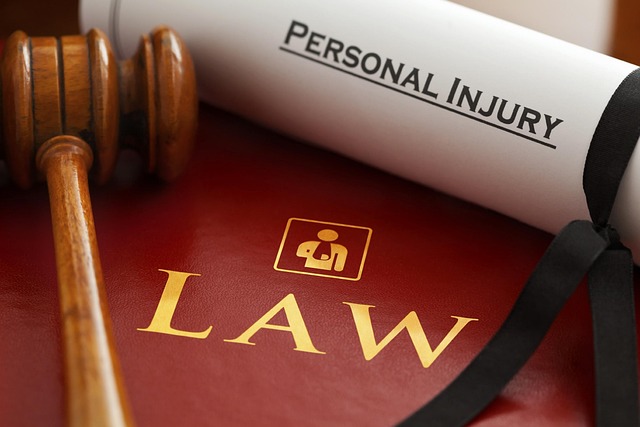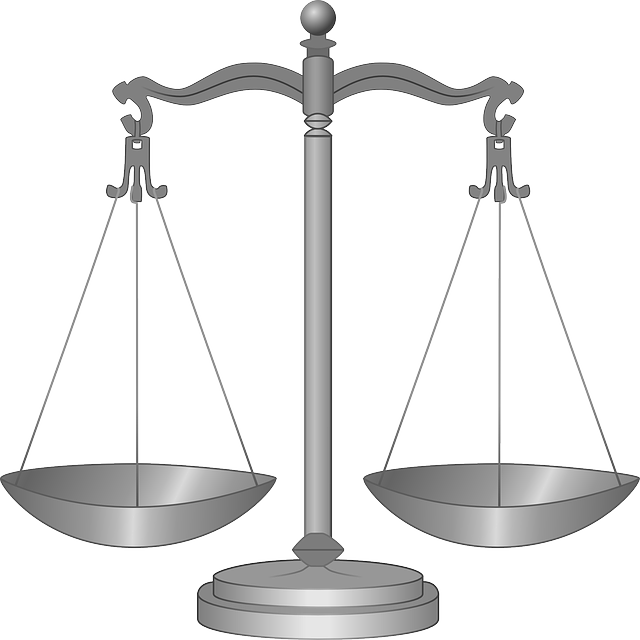In Manhattan's dynamic healthcare landscape, medical malpractice cases range from misdiagnoses to surgical errors and medication mistakes, with significant financial and emotional consequences for victims. A Brooklyn Brain Injury Attorney specializes in navigating these complexities, empowering plaintiffs through legal education, evidence gathering, and robust arguments. Expert witnesses are crucial, offering specialized knowledge and impartial analysis, especially in high-stakes brain surgeries. When selecting an expert witness, focus on candidates with advanced medical expertise, strong communication skills, and a proven track record in both clinical and legal settings. The collaboration between the attorney and expert aims to deliver clear, compelling testimony, strengthening the plaintiff's case for justice due to medical negligence.
In the complex landscape of medical malpractice litigation, a Brooklyn Brain Injury Attorney plays a pivotal role. Understanding Manhattan’s unique legal environment is crucial for navigating these cases effectively. Expert witnesses are instrumental in providing medical insights and shaping legal strategies. This article delves into the intricacies of medical malpractice cases, exploring the significance of expert testimony and the selection criteria for qualified brain injury attorney experts. From retainer agreements to courtroom execution, discover the steps to ensure a robust and successful legal process.
- Understanding Medical Malpractice Cases in Manhattan
- The Role of Expert Witnesses in Legal Proceedings
- Qualifications and Selection Criteria for Brain Injury Attorney Expert Witnesses
- Navigating the Process: From Retainer to Testimony Execution
Understanding Medical Malpractice Cases in Manhattan

In Manhattan, medical malpractice cases encompass a wide range of issues, from misdiagnoses to surgical errors and medication mistakes. These complex cases often involve significant financial and emotional consequences for victims, making expert testimony crucial. A Brooklyn Brain Injury Attorney, well-versed in medical malpractice laws, plays a pivotal role in navigating these legal complexities. They help plaintiffs understand their rights, assemble compelling evidence, and present strong arguments in court.
Manhattan’s bustling healthcare landscape, with its renowned hospitals and medical centers, presents unique challenges for both plaintiffs and defendants. Expert witnesses must possess deep knowledge of medical standards of care, treatment protocols, and the latest research to provide credible insights. This is particularly vital in cases involving high-stakes procedures like brain surgeries or advanced diagnostic techniques, where even minor deviations from accepted practices can have severe repercussions.
The Role of Expert Witnesses in Legal Proceedings

Expert witnesses play a pivotal role in legal proceedings, especially in complex cases like medical malpractice suits. As professionals with specialized knowledge, they provide impartial analysis and evidence to help juries or judges understand intricate aspects of the case. For instance, a Brooklyn Brain Injury Attorney might engage an expert witness to offer insights into the causation and impact of a client’s brain injury, backing up legal arguments with scientific rigor.
These witnesses are often called upon to testify about their findings, offering clear explanations that can significantly influence the outcome of a trial. Their credibility and expertise must be thoroughly established to ensure their testimony is given the proper weight. In medical malpractice cases, this could involve explaining complex medical procedures, diagnosing conditions, or assessing liability, ensuring justice is served for victims and their families.
Qualifications and Selection Criteria for Brain Injury Attorney Expert Witnesses

When seeking a Brooklyn Brain Injury Attorney expert witness, qualifications and selection criteria are paramount. Ideal candidates possess advanced medical knowledge, often including degrees or certifications in neuroscience, neurology, or related fields. Extensive experience in both clinical practice and legal settings is crucial, as these experts must comprehend complex medical concepts and articulate them effectively in court.
The best witnesses have a proven track record of testifying in previous cases, demonstrating their ability to communicate technical information clearly to judges and juries. They should be adept at reviewing medical records, analyzing patient data, and providing expert opinions that stand up to scrutiny. Additionally, strong interpersonal skills are essential for effective collaboration with legal teams and the court system.
Navigating the Process: From Retainer to Testimony Execution

Navigating the process of engaging a medical malpractice expert witness involves several crucial steps, from the initial retainer to the final testimony. It begins with identifying and retaining an expert who possesses not just specialized knowledge but also exceptional communication skills to articulate complex medical concepts in a clear and concise manner. A Brooklyn Brain Injury Attorney often plays a pivotal role in this selection process, ensuring the chosen expert has firsthand experience in similar cases and can provide valuable insights tailored to the client’s unique situation.
Once retained, the expert witness works closely with legal counsel to understand the case details, review medical records, and prepare for deposition or trial. This collaborative effort involves meticulous analysis, detailed reporting, and clear communication of findings. The ultimate goal is to present compelling evidence that strengthens the plaintiff’s claim, demanding justice and compensation for the incurred damages, especially in cases involving brain injuries, where expert testimony can significantly influence the outcome.
In navigating complex medical malpractice cases, particularly involving brain injuries, a Brooklyn Brain Injury Attorney relies heavily on expert witnesses. These professionals play a pivotal role in legal proceedings by providing clear, unbiased, and scientifically sound opinions. By understanding the qualifications, selection criteria, and efficient navigation of the process, attorneys can ensure their cases are robustly supported. This enables them to advocate effectively for their clients, seeking just compensation for medical negligence.
